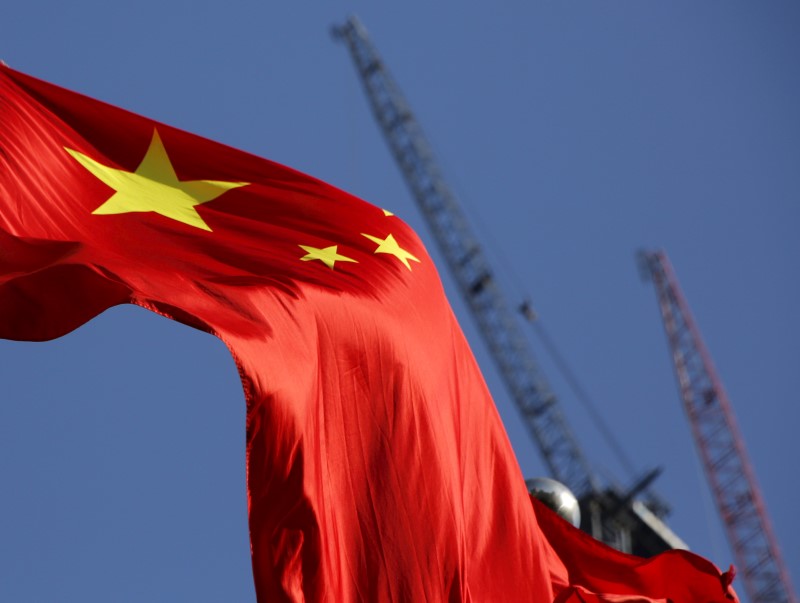By Gina Lee
Investing.com – China’s factory activity contracted in September for the first time since COVID-19 began in 2020, with an electricity crunch inflicting further damage on an economic recovery that is already slowing down.
Data released earlier in the day by the National Bureau of Statistics (NBS) showed that September’s manufacturing purchasing managers index (PMI) was at 49.6, lower than the 50.1 figure in both forecasts prepared by Investing.com and reported in the previous month.
The Caixin manufacturing PMI was at 50, higher than the 49.5 in forecasts prepared by Investing.com and August’s 49.2 figure. The improvement was thanks to firmer domestic demand and an increase in new orders, as export sales continued to decline, Caixin Insight Group said in a statement.
The contraction was due to factors including a sluggish performance of energy-intensive industries, NBS senior statistician Zhao Qinghe said in a statement. A widespread power crunch in China that has already forced at least 20 provinces to restrict electricity use in September, is threatening to slow economic growth and disrupt global supply chains.
The data “offered the first glimpse of the cost from the energy crunch and, for the manufacturing sector, it’s substantial. The manufacturing PMI dropped into contraction. The services sector staged a comeback but is by no means recovering strongly,” according to Bloomberg Economics' Chang Shu and David Qu.
Meanwhile, the “weak PMI sent an alarm to the government. The big question is whether the government monetary and fiscal policies will become more supportive now or if the government will wait till the year-end to change the policies,” Pinpoint Asset Management Ltd. chief economist Zhang Zhiwei told Bloomberg.
The NBS data also showed that the non-manufacturing PMI was at 53.2, higher than the 47.5 reported in August.
In the services sector, spending during the recent Mid-Autumn Festival holiday gave it a small boost. However, tourism revenue and travel remained below pre-COVID-19 levels, signs that consumer confidence remains weak after recent COVID-19 outbreaks led to strict restrictive measures.
